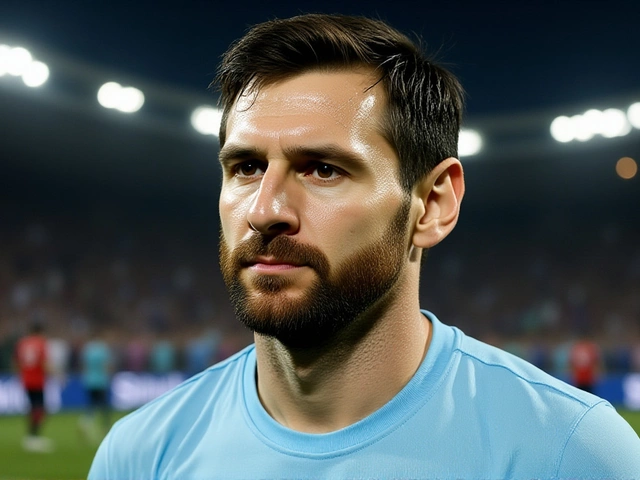Consumer Spending in Motorsports: Where the Money Goes
When you think of racing, the roar of engines and flashing lights steal the show. But behind the excitement is a steady stream of cash. Fans, teams, and drivers all have different spending habits, and knowing them can help you make smarter choices whether you’re buying a ticket or planning a new car build.
Fans' Wallets: What Do They Spend On?
Most people start with the basics: event tickets. A weekend race can cost anywhere from £30 for a general admission pass to over £200 for a VIP experience. If you add travel and accommodation, the bill climbs quickly, so many fans look for package deals or early‑bird discounts.
Merchandise is the next big chunk. A logo‑t‑shirt runs about £25, while a full‑kit replica can reach £120. Collectors often buy limited‑edition items, which can appreciate in value over time. If you’re on a budget, consider buying from official online stores during sales – they usually shave 10‑20% off the price.
Food and drink at the venue are also part of the day’s spend. A simple coffee might be £3, but a premium race‑day meal can be £20 or more. Planning ahead and bringing a refillable bottle can cut those costs.
Finally, many fans invest in simulators or video games to bring the track home. A decent racing wheel setup starts around £150, but entry‑level models are available for under £50. This allows you to feel the thrill without buying a ticket every week.
Racing Teams and Drivers: Funding the Fast Lane
Teams operate on a completely different scale. A lower‑tier formula team often runs on a budget of £1‑2 million per season, covering car development, staff salaries, travel, and entry fees. Top‑level teams in Formula 1 can spend over £400 million annually, fueled by sponsorships, prize money, and media rights.
Sponsors are the lifeblood of racing budgets. Companies pay for logo placement on cars, driver suits, and even the pit lane. In return, they get exposure to millions of viewers. If you’re a driver looking for backing, building a strong social media presence can attract smaller sponsors willing to invest a few thousand pounds per race.
Drivers also spend heavily on personal equipment. A high‑performance racing suit with fire‑proof layers costs about £1,200, while a pair of custom helmets can be £800–£1,500. Training programs, fitness coaches, and mental coaches add another £5,000‑£10,000 a year.
Upgrading the car is a constant expense. Engine components, aerodynamic parts, and tire contracts are bought new each season. For privateer racers, a decent race‑ready car can be purchased for £40,000‑£80,000, but keeping it competitive requires regular parts swaps, often costing a few thousand pounds per event.
Understanding these costs helps fans see why tickets and merch carry the price they do, and it gives aspiring drivers a realistic picture of what it takes to compete. Whether you’re planning your next race‑day outing or dreaming of a seat on the grid, keeping track of where the money flows can make the experience more enjoyable and less stressful.

UK pubs see Bank Holiday bump as drinkers stay longer and trade up
Sales in UK pubs rose 3.4% over the August Bank Holiday versus a typical summer weekend, even as overall visits fell. People are going out less often but staying longer and choosing premium drinks. Dwell times jumped 12.5% year-on-year, Oxford Market Watch found. The lift comes as operators battle high costs, a £5.17 average pint, and venue closures across parts of the sector.
Business & Economy



